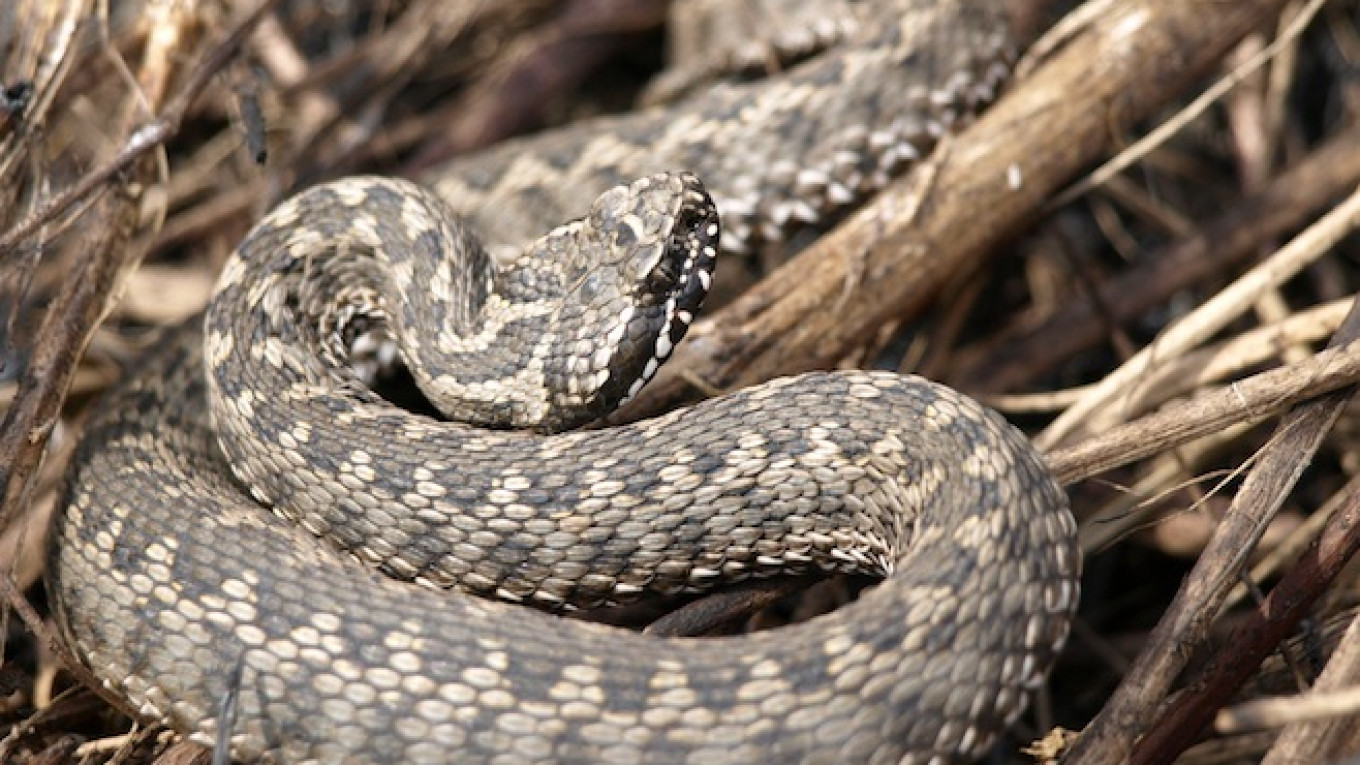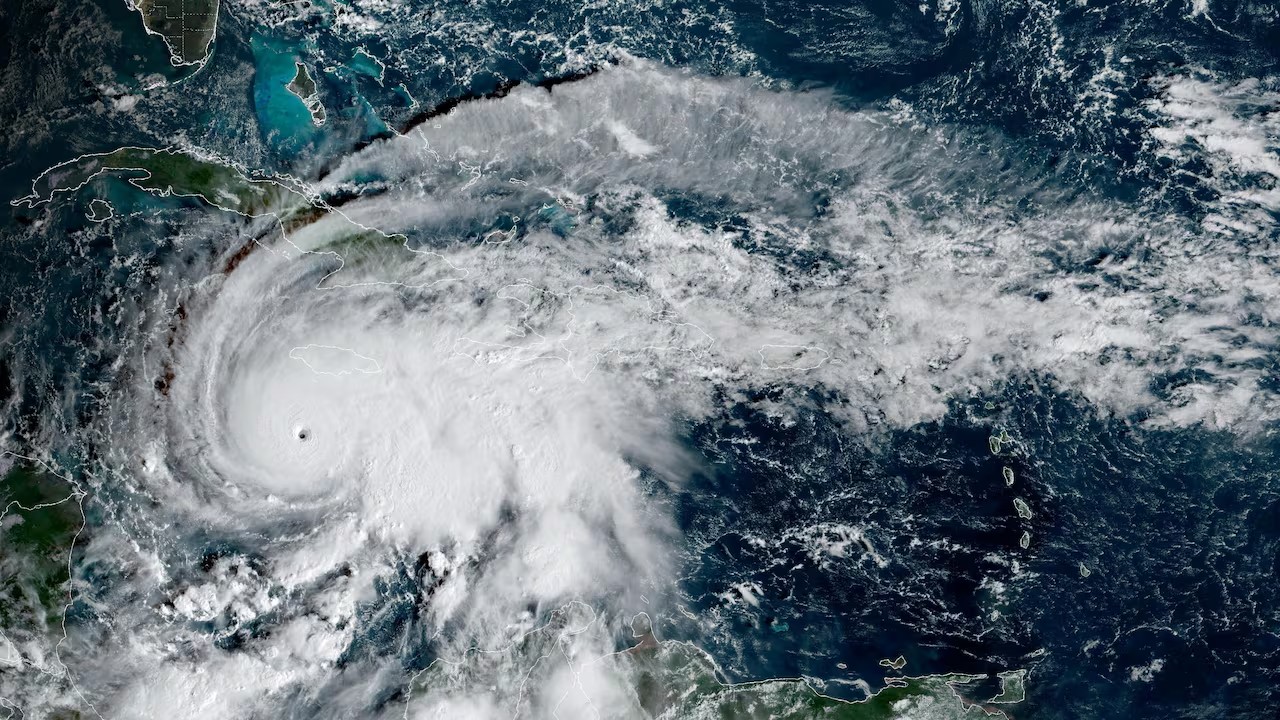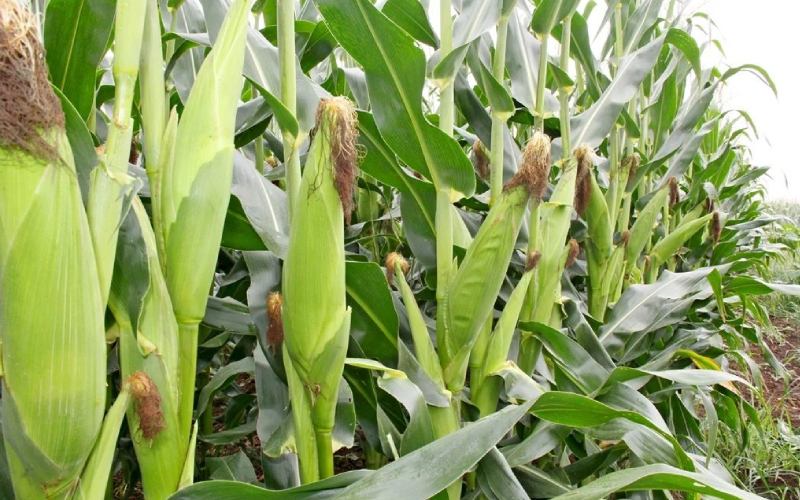- The study identifies countries, including Somalia, Kenya, Mauritania, and Mali, as susceptible to snakebite incidents' consequences due to their significant cattle populations.
Kenya is among the countries likely to experience a surge in snake population. In a study published in the journal Lancet Planetary Health, researchers have warned that climate change could significantly impact the distribution of venomous snakes worldwide.
The study projects that by 2070, several venomous snake species may migrate in mass towards regions with more favourable climatic conditions.
The research highlights that countries with lower gross domestic product (GDP), high population density, extensive agricultural areas, and rich livestock populations will be particularly vulnerable to increased snake populations.
Specifically, nations such as Bangladesh, Nepal, and Pakistan in Asia are expected to experience a surge in snake populations. In Africa, Uganda and Kenya are predicted to face similar trends.
The potential impact of venomous snake bites on regions with high cattle populations is of great concern. The study identifies countries, including Somalia, Kenya, Mauritania, and Mali, as susceptible to snakebite incidents' consequences due to their significant cattle populations.
Read More
The researchers note that climate-related events, such as floods during monsoon seasons, could exacerbate the incidence of snakebites. Floods disrupt habitats, displace snake populations, and create conditions that force snakes to seek refuge in populated areas, increasing the likelihood of human-snake encounters.
The implications of this study are far-reaching. The projected increase in venomous snake populations and the intersecting factors of vulnerable regions, flood-prone areas, and high livestock concentrations pose significant challenges for public health and agricultural sectors.







